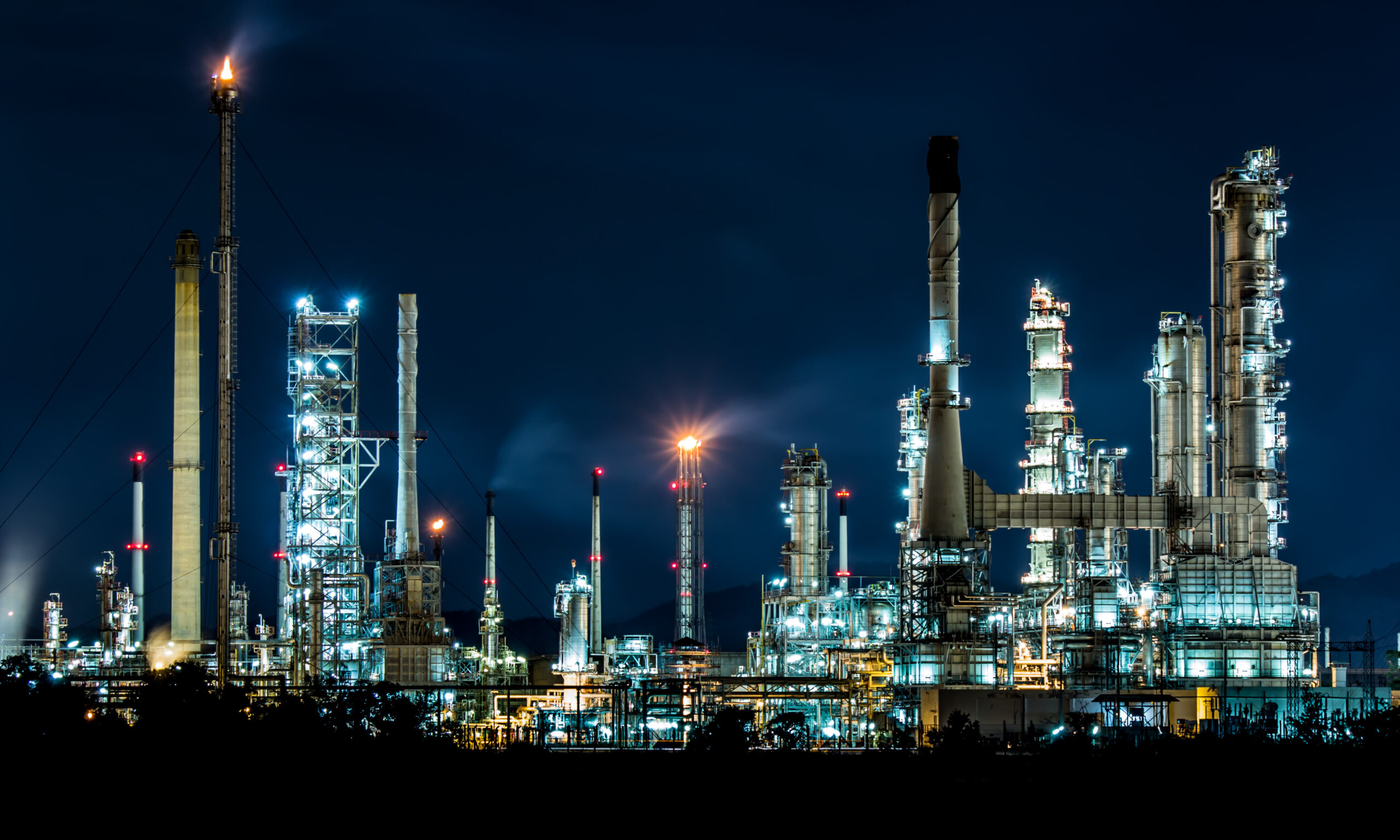Brimstone STS Closure
After 32 years in the sulfur recovery industry, Brimstone STS will be closing at the end of this year.
We want to thank all our clients and coworkers who have been the basis of our success. We sincerely appreciate your trust and loyalty over the years – these have meant the world to us and have guided our efforts to provide reliable services and products for over three decades. It has truly been a remarkable experience, and we wish you all the best going forward.
Although we will no longer provide field testing services, training courses or analytical equipment, our annual Brimstone Sulfur Recovery Symposium will live on, now managed by The Brimstone Group. They can be contacted through their website: www.thebrimstonegroup.com.

